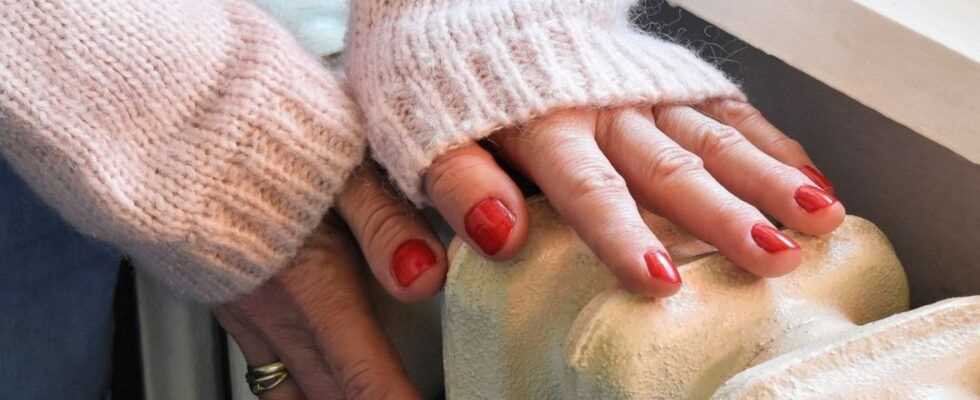Save heating costs
How the Smart Home can help
Consumers can save with smart technology.
© Zvone / Shutterstock.com
As it is getting colder and colder, the heaters are increasingly being used again. Smart solutions can help you save.
In Germany, the radiators are turned on again during the cold season. The non-profit consulting company co2online already calculated in September that consumers would have to reckon with an average of 13 percent additional costs in 2021. However, intelligent heating systems and other smart solutions can help to keep an eye on expenses and also to reduce them.
According to a survey commissioned by the TÜV Association, only around eleven percent of German citizens have used smart heating solutions in their homes. However, with advancing digitization and the growing popularity of voice assistants such as Amazon’s Alexa, Apple’s Siri or the Google Assistant, this is likely to change soon.
Open the window, turn off the heating!
“Intelligent thermostats are designed to heat houses and apartments as efficiently as possible,” explains Marc Fliehe, Head of Digitization and IT Security at the TÜV Association, in a press release. Smart radiator controls or thermostats are available from manufacturers such as AVM, Devolo or Eve Systems. Depending on the model, consumers can read and control the room temperature on the device itself, via app or voice command, among other things.
The app can be used, for example, to check some of the consumption and control radiators while on the move. In this way, users can turn down the heating while they are at work and bring individual rooms or the entire apartment to the desired temperature on the way home. Schedules can also often be created and built-in sensors can sometimes recognize when ventilation is taking place. Heating is then suspended for this period. There are also solutions that enable the heating output to be automatically reduced as soon as all residents have left the house or apartment.
Think about security
However, Fliehe believes that the users are “a major security risk” in the smart home. “Through incorrect settings or careless use, third parties can gain access to the heating system quickly and unnoticed. The hackers can then increase or switch off the room temperature and, in the worst case, use the application to gain access to other systems in the smart home and their data. “
The TÜV Association therefore advises, among other things, to exchange preset passwords with secure passwords after the installation of a device, to check data releases in other apps and to always keep software up to date so that possible security gaps can be closed. In addition, there are now certificates for smart home devices such as the TÜV certification mark CyberSecurity Certified (CSC). So nothing should stand in the way of safe savings.
